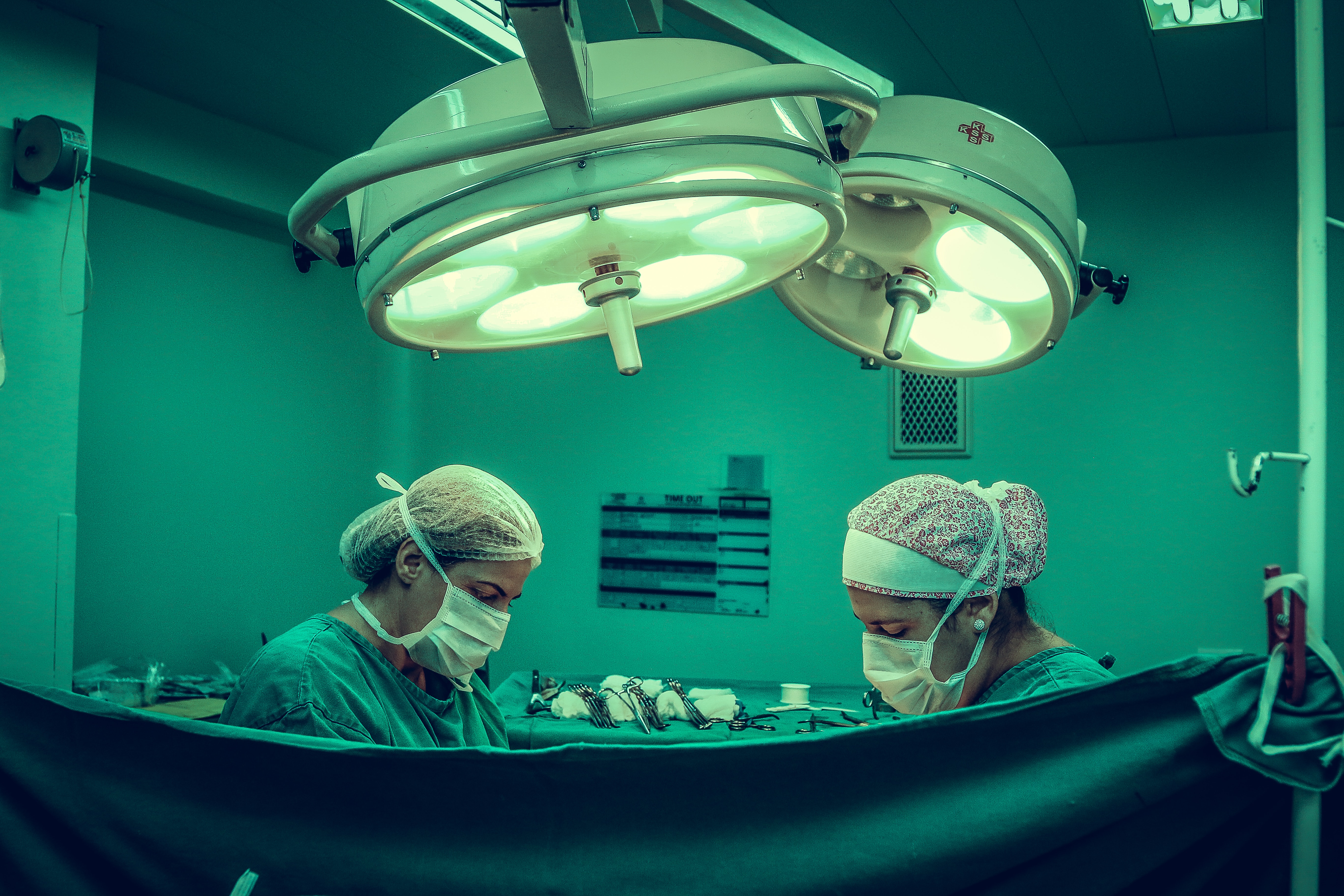At Annie’s Place, we help individuals regularly as they recover from surgery. It can be a long haul depending on the type of surgery, your age and your overall health. We work closely with you to design home care support alongside your family. Although we’re here to help, we also think that recovery can be sped up with proper steps that you can take yourself.
Here are 5 tips to help you speed up on your own recovery from surgery –
- Listen to your doctor & keep up with your appointments – Doctor knows best! Many patients follow the instructions that they think are meaningful and disregard the ones that they don’t like or don’t feel apply to them. Listen to your doctor’s guidance for greatest success in recovery. Also, many patients do not keep all of their follow-up appointments. If you are feeling good and your wound is healing well, an appointment may seem like a waste of time. Nothing could be further from the truth. Your physician will want to know how you feel and if your incision is healing well, but they will be looking for additional things that you may not. Your surgeon may be looking for something you cannot see, especially if your incision isn’t visible. They may do follow-up blood work, look for signs of infection, or want to make sure your condition has been adequately treated by the surgery. You may also require adjustment of your medications in the weeks following surgery.
- Inspect your incision – Looking at your incision may not be your favourite thing to do, but it is important that you take a good look at your incision several times a day. Now there are procedures where this isn’t possible, but for the vast majority of procedures, a mirror makes it possible to have a good look at the surgical site. Is your incision pink or red? Is there wound drainage and what colour is it? Are the stitches or staples intact? These questions are very important and looking at your incision several times a day will help you determine if your surgical site is continuing to heal or if it has become infected.
- Drink lots of water & eat healthy foods – Many people don’t feel like eating after having surgery. They are nauseated, constipated, or just not hungry. Staying hydrated and eating a healthy diet after surgery can help promote healing, minimize common complications, and help you get past unwanted side effects of anesthesia. Just remember, it is hard to heal if your body doesn’t have the fuel it needs to get better.
- Move – Walking after surgery is one of the most important things you can do after having a procedure. It may seem like a simple thing, but a quick walk every hour or two can help prevent serious complications like deep vein thrombosis (DVT) and pneumonia. It can also help prevent one very common and annoying side effect of anesthesia: constipation. Walking is a gentle way to return to physical activity and can help promote a return to regular activities. Talk to your surgeon about when you can return to more strenuous activities, such as running and contact sports. Swimming should wait until your wound is completely closed.
- Get support at home when needed – Whether it’s asking family, friends or a home care provider like Annie’s Place to help, it’s important to ask when you need help. Often many of us overextend ourselves and want to get back to normal too quickly. When we are recovering, our bodies need time to heal and don’t operate as business as usual. We may need help at home and it’s important to ask for it.
Annie’s Place is always here to help so if you want more information about how we can complement your support, please contact us.

